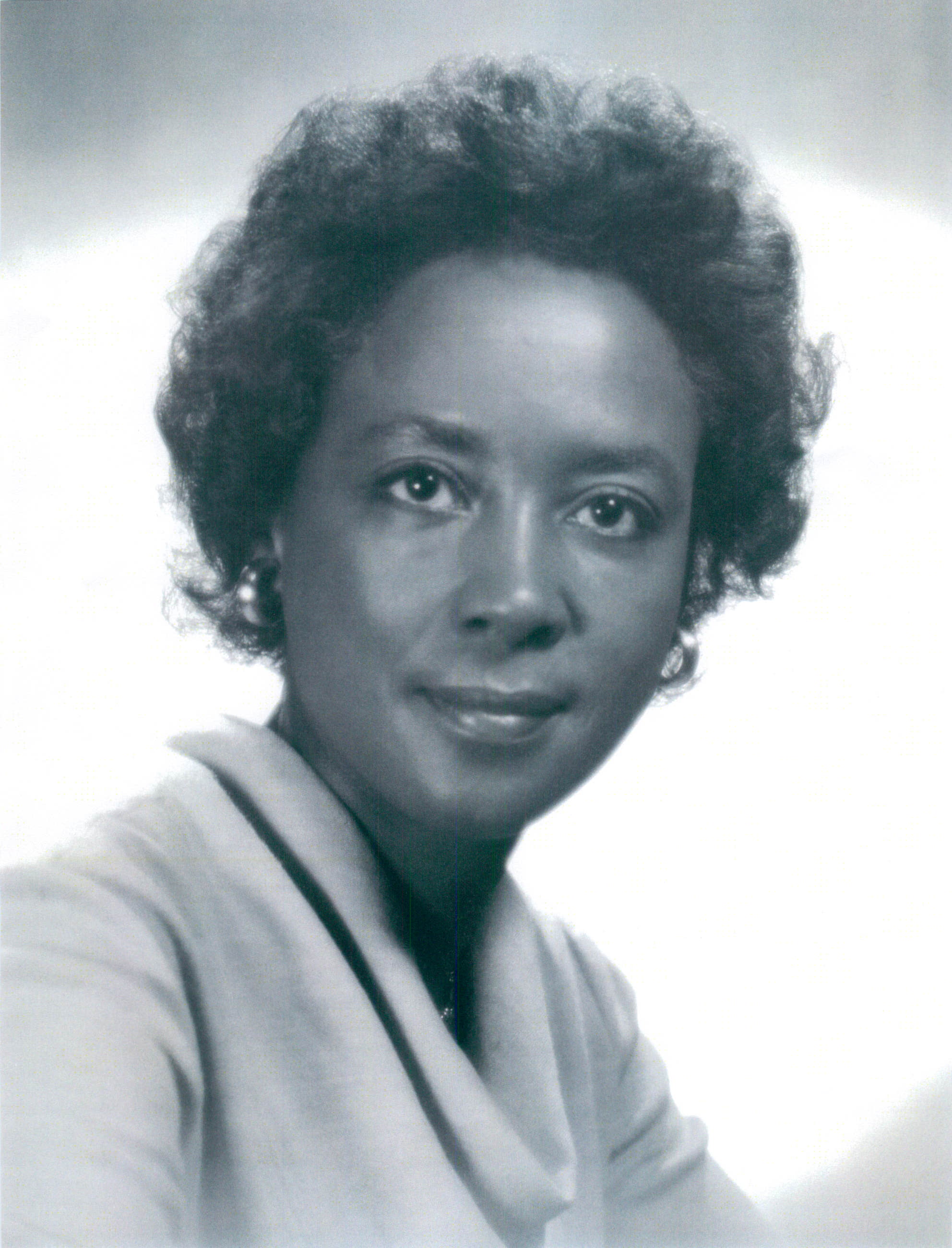
Figure 2: Portrait of Annie Easley (NASA 2023)
Annie Easley, born in 1933, was a trailblazing computer scientist and mathematician who made a great impact on the world of computer science and space exploration. Her journey began as a "human computer" (NASA 2023) at NASA's predecessor, the National Advisory Committee for Aeronautics (NACA), where she performed manual computations. However, When computers were replaced with machines, Easley's passion for computing led her to transition into a skilled computer programmer, using languages like the Formula Translating System (Fortran) and the Simple Obect Access Protocol (SOAP).
One of Easley's most significant contributions was her work on the development of software for the Centaur upper-stage rocket. Her expertise in programming played a crucial role in optimizing the performance and efficiency of the rocket by researching energy-conversion systems, analysing alternative power technology (NASA, 2023). This pioneering work not only propelled the U.S. space program forward but also laid the foundation for future advancements in space exploration.
Beyond her technical accomplishments, Easley's impact extends to breaking barriers for women and black people in STEM fields. As one of the few women and African Americans in her field at the time, she faced numerous challenges and adversity. However, her perseverance and dedication paved the way for future generations, inspiring them to pursue careers in computer science and technology.
Annie Easley passed away on June 25, 2011 but she remains an inspirational figure in the history of computer science and technology. Her remarkable achievements, ground-breaking work, and unwavering commitment to diversity and inclusion continue to inspire and empower individuals worldwide. One of Easley’s co-workers was quoted as saying, ‘She loves life and encourages others to do the same’ (NASA 2023).